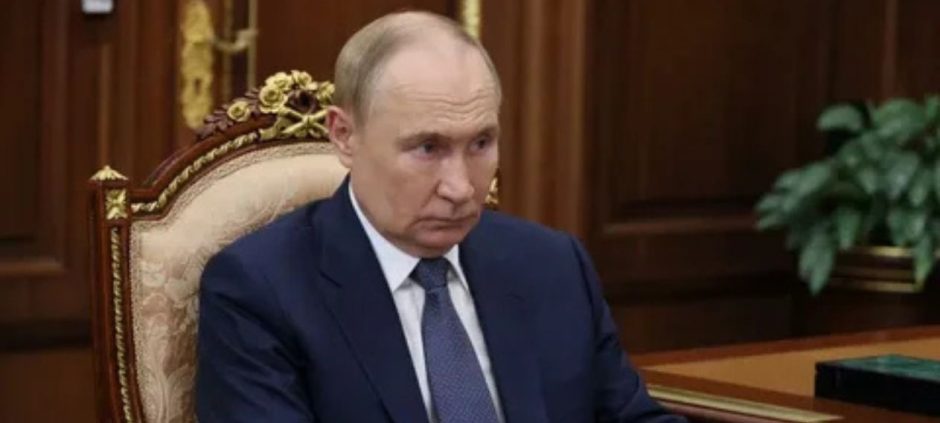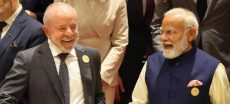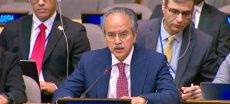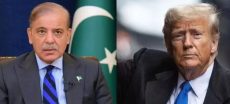Independence and sovereignty remain under debate as Putin’s demand to Ukraine becomes the central point in ongoing discussions about the war’s future. The Kremlin has set clear conditions, asking Kyiv to give up claims to Donbas, reject NATO membership, and block Western troops from entering Ukrainian territory.
According to Russian officials, these conditions are meant to establish lasting security guarantees. However, Kyiv sees them as undermining Ukraine’s independence and aligning with Moscow’s long-standing agenda. Western analysts argue that Putin’s demand to Ukraine is not about peace but about weakening Ukraine’s ties with its allies and reshaping the security map of Europe.
Putin’s demand to Ukraine and its impact on negotiations
The announcement comes as hopes for peace talks remain fragile. Moscow’s position has cooled prospects of direct dialogue between President Vladimir Putin and President Volodymyr Zelensky. Recent reports suggest that the Kremlin is using tough conditions as leverage, casting doubt on whether negotiations can truly move forward.
The conditions also come at a time when Ukrainian forces are still resisting Russian advances in multiple regions. Analysts believe that agreeing to Putin’s demand to Ukraine would mean abandoning key territories and accepting limits on Ukraine’s sovereign choices, particularly regarding NATO and defense cooperation.
Observers note that these demands mirror earlier statements from Moscow, but this time they have been presented as prerequisites for peace. This has left Kyiv in a difficult position, balancing its security needs with the risk of further escalation.
The situation has drawn sharp reactions from Western governments. Many officials in Washington and Brussels believe the demands would compromise Ukraine’s security architecture and reward Moscow for its aggression. Others argue that without addressing these demands, any potential peace settlement will remain stalled.
Meanwhile, the humanitarian crisis continues. Millions of civilians face displacement, energy shortages, and uncertainty as the conflict stretches on. Human rights groups stress that political negotiations must not overshadow the urgent needs of people trapped in the warzone.
In the midst of these developments, the Kremlin has tried to soften its tone, saying it remains open to dialogue. Still, as highlighted in recent coverage of stalled Putin-Zelensky talks, the gap between the two sides remains vast.
The international community is watching closely. Whether these demands will set the stage for renewed negotiations or further harden positions is yet to be seen. But one thing is clear: Putin’s demand to Ukraine has become a defining factor in shaping the next phase of this conflict.











